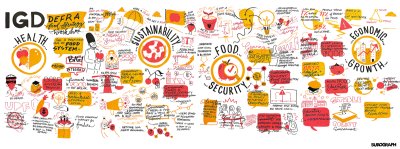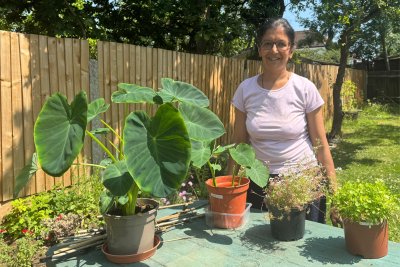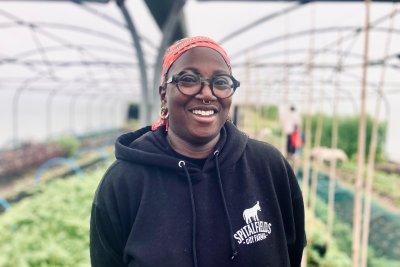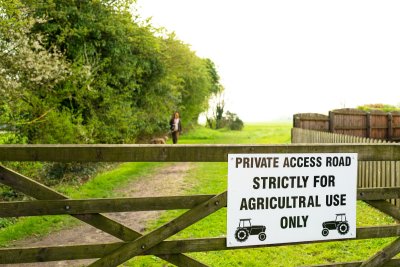 Sign warning of private access to a farm field. Copyright: Nickbeer | iStock
Sign warning of private access to a farm field. Copyright: Nickbeer | iStock
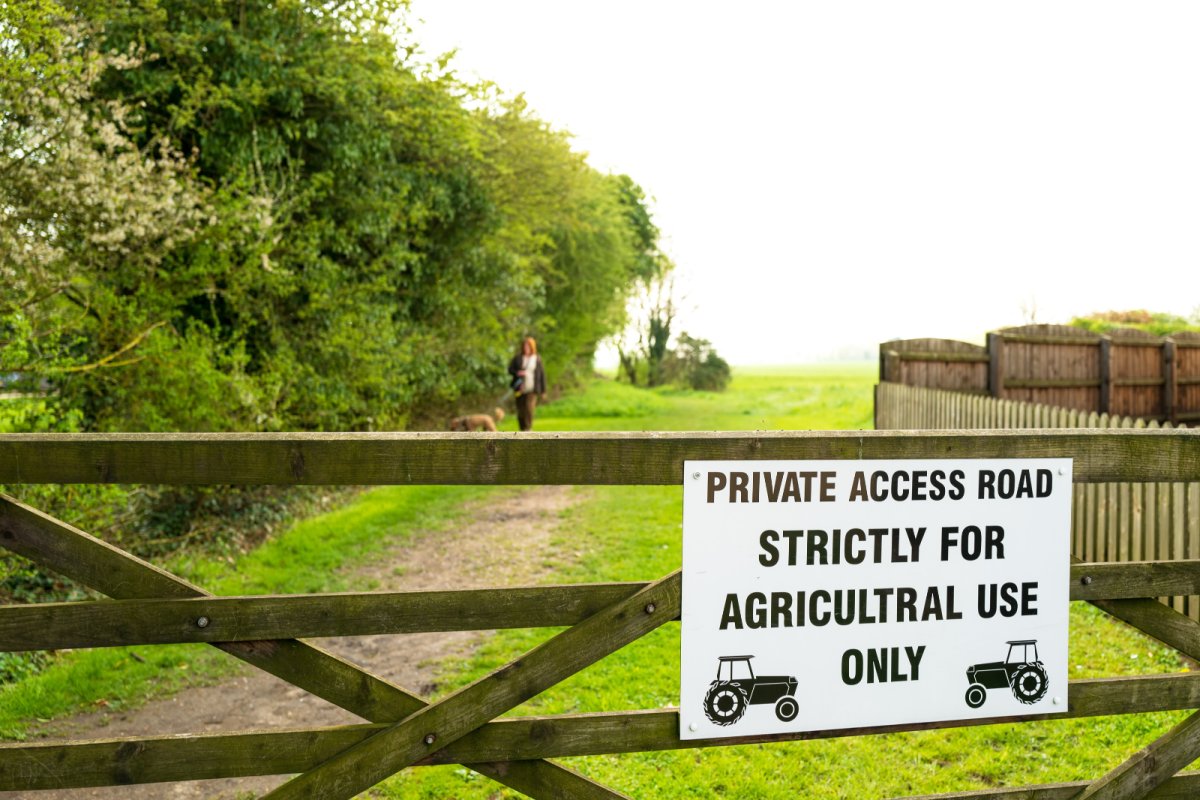
What does the government's farming budget mean for Environmental Land Management?
£1.8 billion earmarked for Environmental Land Management (ELM) schemes is good news for nature-friendly farming. But if the government is serious about meeting its environmental improvement targets while supporting long-term resilient food security, more work is needed, says our farming coordinator Will White.
The government has announced it will maintain the Department of Environment, Food & Rural Affairs (Defra) farming budget at £2.4 billion in 2025/26. Most notably, £1.8 billion of this will be directed towards Environmental Land Management (ELM) schemes—which are the key mechanisms supporting sustainable food production and nature’s recovery in the UK.
While this allocation doesn’t keep up with the huge inflationary costs farmers have endured over the last five years, it’s a sign that the Labour administration recognises the importance of ELMs. Maintaining the ELM budget is a better outcome than many had feared, but there’s still a lot of work ahead to ensure these schemes deliver the environmental benefits they promise.
A refresh on ELMs
ELM is divided into three main schemes:
- Sustainable Farming Incentive (SFI): This scheme targets everyday farming practices, like reducing chemical fertilisers and pesticides, and improving soil health.
- Countryside Stewardship (CS): Designed for targeted conservation efforts, CS supports actions like habitat creation and water protection.
- Landscape Recovery (LR): Aimed at large-scale, collaborative projects like habitat restoration and peatland rewetting, LR promotes landscape-level environmental gains.
Speeding up ELMs: a faster phase out of Basic Payments
Environmental Land Management (ELM) schemes were designed to drive the reforms Michael Gove envisioned for British farming post-Brexit. They replaced the Common Agricultural Policy (CAP), which had been criticised for paying landowners based solely on the amount of land they farmed. ELM introduced the concept of 'public money for public goods,' aiming to reward farmers not for the size of their farms but for the benefits they deliver to society—such as enhancing biodiversity, sequestering carbon, providing public access, and protecting natural resources. The transition from CAP's Basic Payment Scheme (BPS) to ELM has been gradual, with BPS payments tapering off and set to end by 2027.
In the budget, the government announced a plan to accelerate the phase-out of the Basic Payment Scheme (BPS) for farmers in England. In 2025, farmers receiving up to £30,000 will see a 76% reduction in their BPS money, with anything above that being cut entirely. DEFRA statement described this move as “accelerating the end of the era of payouts to large and wealthy landowners simply for owning land”.
Redirecting funds to higher tier schemes
The rationale behind the shift is clear: to redirect money from outdated legacy payments towards more ambitious ELM schemes that provide “value for money” by delivering public goods.
Higher-tier Countryside Stewardship (CS) schemes have seen one in five farmers turned away due to underfunding. These schemes are critical for biodiversity and climate resilience, so the government’s decision to direct more money towards these schemes is a welcome step.
But here lies a potential risk: if Defra can’t deliver CS money quickly, many farmers, particularly in upland areas, may be forced to intensify production to make up for lost BPS income. This could further harm biodiversity and climate resilience in the very landscapes where these are most needed.
To meet the growing demand for CS and Landscape Recovery (LR) schemes, Defra needs to create between 3,000 and 4,000 new agreements annually. If the increased budget allocation allows for the expansion of these schemes, the potential for positive environmental impacts will be significantly improved. However, this will only succeed if the money is delivered quickly, and the schemes are accessible and efficient.
A key challenge: Uptake vs. Impact
The budget tells us that the government is prioritising the ELM schemes, which is good news. But with such limited funding, it’s crucial they get delivery of the schemes right.
Last year, in order to address the low interest in the ELM schemes, Defra moved to increase payments, simplify applications, and introduce a flexible “pick and mix” model to the SFI, allowing farmers to select specific practices from a wide range of options. Although these changes have significantly boosted uptake, they risk creating a fragmented approach to land management—where isolated actions replace integrated, whole-farm systems.
By focusing on individual practices rather than broader, systemic changes, Defra could be jeopardising the ambitious agroecological reform that British agriculture needs. For instance, whole-farm systems like organic require coordinated actions that work synergistically, producing benefits greater than the sum of their parts. By promoting piecemeal activities, the scheme could miss out on achieving these multi-layered benefits.
Defra's focus on increasing uptake is understandable, but uptake alone doesn’t equate to meaningful impact. The schemes were supposed to pay farmers based on the quality of environmental impact of their actions - a metric that has no clear way of measuring it yet. The schemes need stronger evaluation criteria to deliver the public goods promised.
Where next for ELMs
While this budget represents a positive commitment to ELMs, greater ambition will be required to achieve meaningful ecological change we need. The government has shown willingness to support nature-friendly farming, but policies and funding need to align with measurable outcomes. With more funding down the line and a clearer focus on long-term impacts, ELMs could deliver on their early promise—ensuring that the UK’s farming sector plays a leading role in addressing the stark environmental challenges we face.
Sustainable Farming Campaign: Pushing for the integration of sustainable farming into local, regional and national government policies.
Sustain
The Green House
244-254 Cambridge Heath Road
London E2 9DA
020 3559 6777
sustain@sustainweb.org
Sustain advocates food and agriculture policies and practices that enhance the health and welfare of people and animals, improve the working and living environment, promote equity and enrich society and culture.
© Sustain 2025
Registered charity (no. 1018643)
Data privacy & cookies
Icons by Icons8
